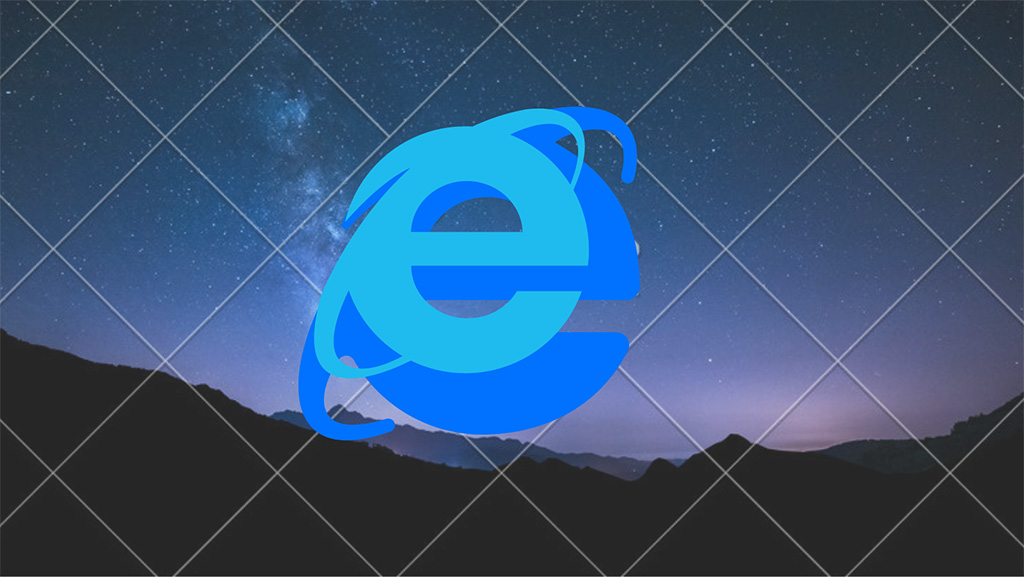
It wasn't the best run, but it was a long run. Internet Explorer, established in 1995, is now obsolete as of June 15, 2022. Microsoft announced that it will no longer support Explorer (but there is still Internet Explorer mode in Microsoft Edge that will be supported through 2029). So, if you’re using websites built for Explorer, they should still work, but you’ll want to sort that out as soon as possible. Once support ends, a browser or application no longer gets patches or updates to protect you from vulnerabilities. This is a problem for current users, whether their concerns are basic security, ransomware, or maintaining compliance.
Are You Using Explorer?
- Explorer had some good times. It used to have a 95% market share until Firefox began siphoning users. Part of the problem, starting around IE 6, was a failure to conform to standards. Microsoft has addressed this problem by focusing on Edge, the replacement browser for Explorer.
- As of 2020, 5.7% of Internet users are still on Explorer. If you are one of those users, it’s time to switch. Using an unsupported browser increases your risk of malware infection as there are no longer patches or technical support. For a similar (but reportedly much improved) experience, Edge performs well on security tests. Firefox and Chrome are also good options, as well as some lesser-known browsers. Side note: Apple’s Safari browser works great on iOS, but the current version does not work for Windows.
- Although it may be tempting to continue using Explorer for legacy websites that don’t work on newer or other browsers, it’s important to find other resources for best security practice. For now, Explorer Mode for Edge is available, but it only works in Windows 11. So, if you are using MacOS or Linux, it won’t work for you.
What Are the Risks?
- Continuing to use Internet Explorer without support puts your computer, and possibly your network, at risk. If the browser does not get updates, any new attack methods or weak points will not receive fixes. This opens your computer to exploits and malware, which puts your personal information, browsing history, and account logins at risk. A security incident could be more likely and more severe.
- Because an unpatched browser increases the risk to personal information, continuing to use Internet Explorer will put you out of HIPAA and SOC 2 compliance. Many companies store consumers’ and clients’ personal data in the cloud, and an insecure browser is an unauthorized path into that secure space.
All this in mind, if you’ve been using Internet Explorer, it’s time for a change. For the most similar experience, switch to Microsoft Edge. If you’re looking for something different, though, there are a host of other browsers to try.
If you are interested in a no-obligation consultation to improve your security or your IT infrastructure, contact us today.




